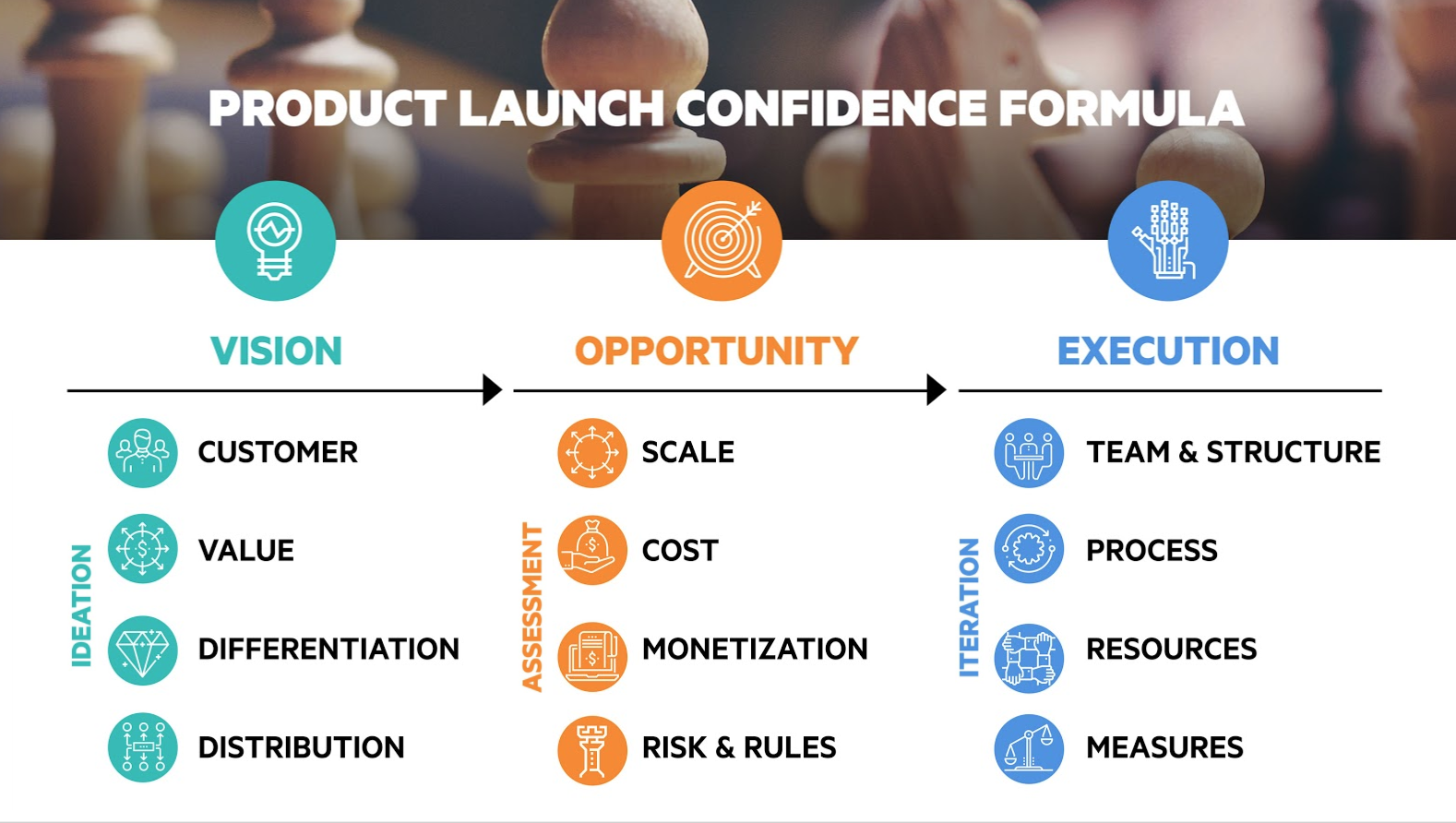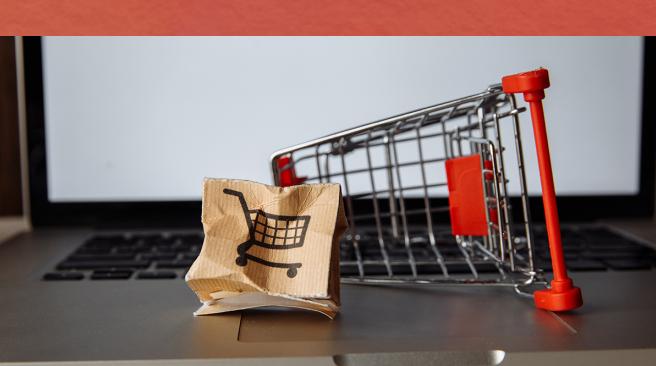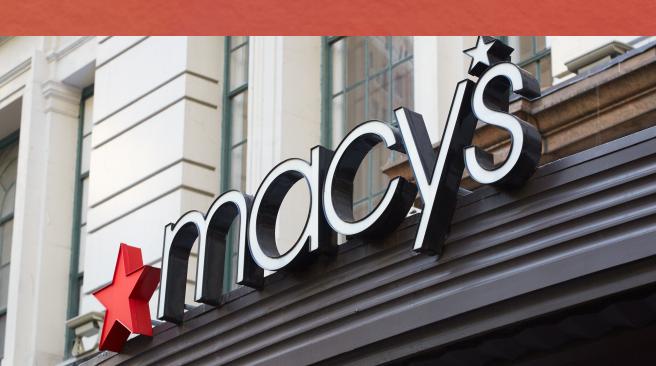Insights | By Mike Moore and Howard Tiersky
12 Things That Make Products Successful
Succeeding in today's rapidly evolving digital world requires the creation of new kinds of products. Every new product is launched with great optimism, but sadly many crash and burn. Here are some recent more public failures, each of which no doubt had a smart team and significant resources behind development and marketing:
| PRODUCT | TREND | DESCRIPTION |
|---|---|---|
| KODAKCoin | Cryptocurrency | A new kind of money just for paying photographers |
| Amazon Key | Connected Home | A corporation lets strangers into your house |
| Mattel Aristotle | AI | Voice activated baby monitor that sends data to the marketing cloud |
| The Smart Toaster | IoT | Put an app on it! |
Of course, successful innovation requires the willingness to take risks and embrace failure. But it's still smart to try to find product development approaches that increase the chance of success. While there is no surefire formula for product success, there is a formula for product failure. The failure formula is to disregard one or more of the critical attributes of product strategy.
At FROM we have over fifteen years experience creating successful products with our clients and part of that success is attributable to a model we use to ensure product concepts are tested against twelve key factors before being put into development.

Vision
- Customer: Who is the customer the product targets and what are their needs?
- Value: What value are we bringing to the user?
- Differentiation: How are people filling this need today? Who else is in the market? How does our product solve that need better than competitors?
- Distribution: How are we going to create awareness of the product and get it into customer's hands?
Opportunity
- Scale: What is the size of the potential market? How much of this market can we realistically expect to penetrate? Are there ways we can increase the potential market?
- Cost: How much does it cost to make? To market? To support?
- Monetization: What model are we using to make money and how do we price the product?
- Risk and Rules: Are there any legal or regulatory hurdles?
Execution
- Team Structure: Who do we need to get this done?
- Process: Can we use Agile or iterative processes to test and learn?
- Resources: Do we have the money, equipment, infrastructure or other components needed to get to market?
- Measures: How will we know we are successful during each phase of development and launch?
Whether you are about to add a new feature or launch a major new product, it is vital that you have an accurate assessment of your market readiness to move forward. If the answers to some of these quesitons are unclear, its critical to get them clarified before committing too much to the product. If the answers seem unfavorable, remember "facts are friendly," Few people plan to fail. Knowing the challenges you face in advance is the key to making good decisions--either to abandon the product or find a way to shift the vision so as to align with the critical success factors.





